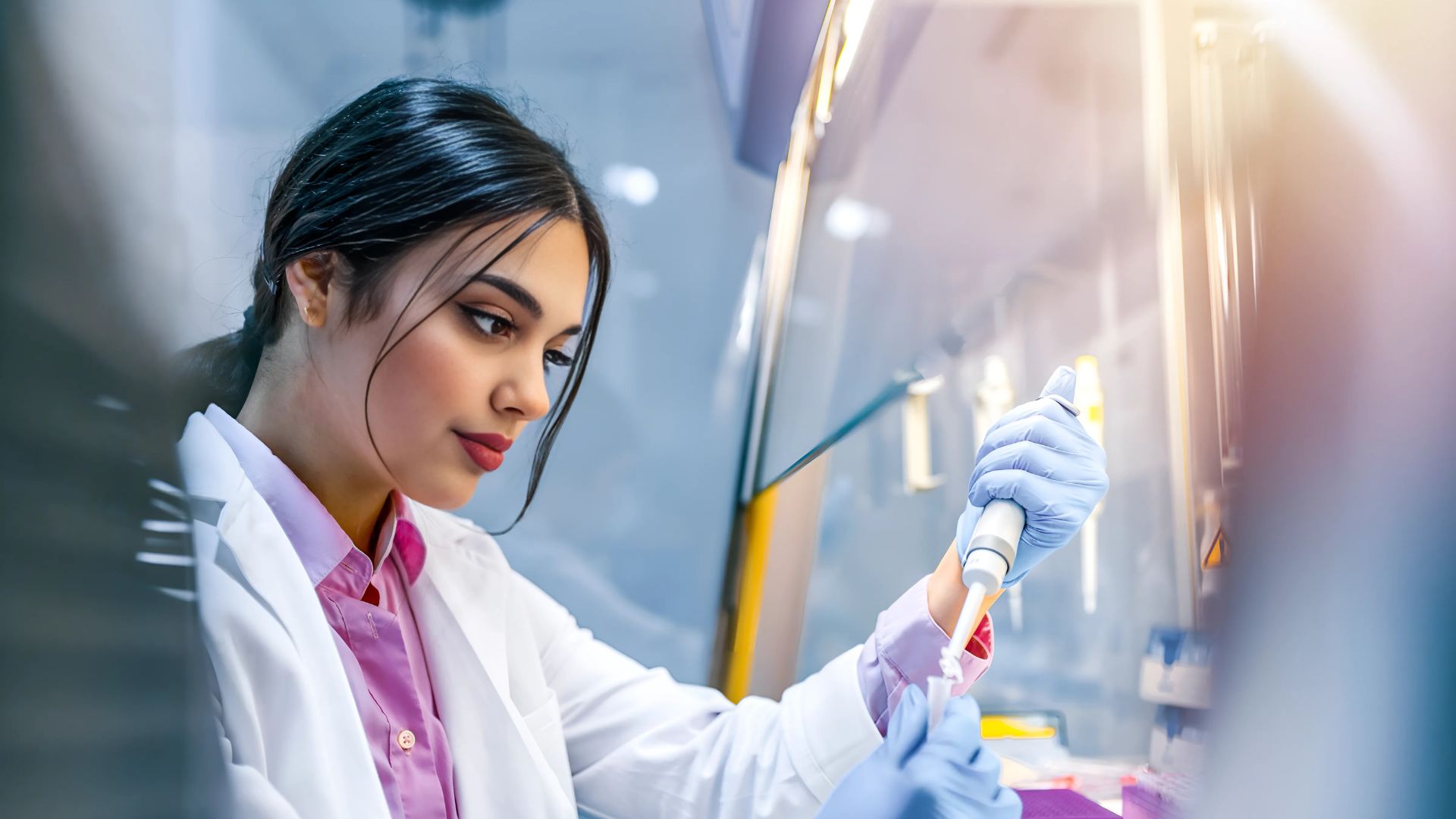The AI Doctor Will See You Now: Artificial Intelligence and Its Future in Healthcare in 2025
Picture waking up with an odd rash. Rather than waiting weeks for a doctor's visit, you take a picture with your phone. In seconds, an AI scans it, cross-checks it against millions of similar instances, and provides you with a probable diagnosis and suggested treatment plan. Before you've even had your morning coffee, you've already booked a virtual follow-up with a human physician to affirm.
This isn't science fiction. AI in 2025 is not just helping physicians but is also changing the way we experience healthcare altogether. From accelerating diagnoses to anticipating health risk before symptoms occur, artificial intelligence is making medicine faster, more precise, and unexpectedly personal.
1. AI as Your 24/7 Health Assistant
Gone are the days of frantic Google searches at 2 AM. AI-powered symptom checkers, like those in apps such as Ada or Buoy, have evolved into hyper-accurate first responders. They don’t just guess they ask smart follow-up questions, pull data from your wearable devices, and even consider your medical history before suggesting next steps.
Consider Sarah, a harried mom in Chicago. When her toddler came down with a fever, she consulted an AI app that reviewed the child's symptoms, temperature trends, and local outbreak information. Rather than an avoidable ER visit, the AI suggested care at home and tagged a likely ear infection. A fast video visit with a pediatrician confirmed it saving time, anxiety, and an expensive co-pay.
2. Diagnosing Diseases Faster (and earlier)
AI is outperforming human physicians at identifying illness because it's not necessarily smarter, it's just seen more. Machine learning algorithms fed millions of X-rays, MRIs, and lab tests catch subtle signs of cancer, heart disease, and even unusual conditions that may go unnoticed by a fatigued radiologist.
In 2023, an MIT AI system detected breast cancer two years ahead of routine screenings in certain instances. Today, in 2025, hospitals employ the same technology to forecast strokes prior to their occurrence by monitoring small variations in brain scans. For patients, it translates to fewer surprises at the late stage and more time for prevention.
3. Personalized Treatment Plans
Remember when "personalized medicine" was when your doctor knew your name? Now, AI Personalizes' treatments to your DNA, habits, and even microbiome.
For instance:
Cancer patients receive treatments based on their tumor's genetic signature, increasing success rates.
Diabetics employ AI coaches that real-time adjust insulin doses as per diet, activity, and stress levels.
Mental health apps such as Woebot monitor mood patterns and recommend therapy skills between sessions.
Dr. Lisa Sanders, a Yale physician and Diagnosis author, puts it simply: "AI doesn’t replace doctors it gives them superpowers."
4. The Robot Surgeon’s Steady Hand
Robotic surgery isn’t new, but in 2025, AI-assisted systems like da Vinci XI are smarter than ever. They compensate for human tremors, suggest optimal incision points, and even learn from past surgeries to reduce complications.
A study published in The Lancet discovered AI-assisted surgeries reduced recovery time by 30% with fewer hospital nights and sooner returns to regular life.
5. Forecasting Pandemics (and Your Next Cold)
Since COVID, public health organizations leaned heavily into AI. Today, algorithms scan worldwide health metrics, social media indicators, and even flight routes to forecast outbreaks before they surge.
On a smaller scale, your smartwatch may alert you to a spike in local flu or encourage you to rest when your vitals suggest, you're battling something.
The Catch: Trust, Privacy, and the Human Touch
Naturally, AI is not without its flaws. Patients still fear:
1. Privacy invasion (Who is looking at my health information?)
2. Tech over-reliance (Will physicians forget to listen to me?)
3. Algorithmic bias (Does the AI perform as well for all skin tones?)
Rules are racing to catch up, but optimal health care in 2025 combines AI effectiveness with human compassion. As another nurse explained to me: "Machines identify issues. Humans fix them."
The Future Is Already Here
AI won't make doctors obsolete, but it's transforming their work and ours. The greatest change? Healthcare is being proactive rather than reactive. Rather than sitting around waiting until you get sick, AI keeps you healthy to begin with.
So next time your phone buzzes with a health alert, don't dismiss it. Your AI physician may just be keeping you alive.
Launch and grow your online course business minus the tech struggles.
SkillBloomer is the all-in-one platform built for educators, coaches, and trainers to create, launch, and scale effortlessly. No coding. No stress. Just smooth, impactful growth.
.svg)
.svg)

 For Instructor
For Instructor

